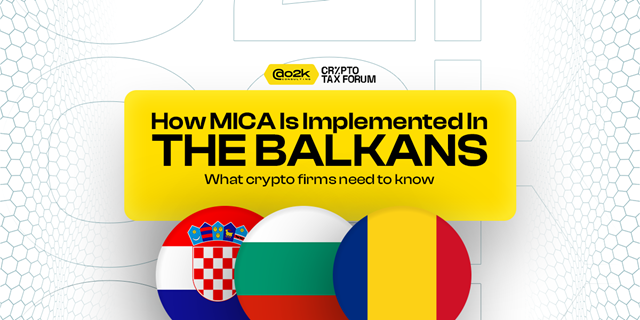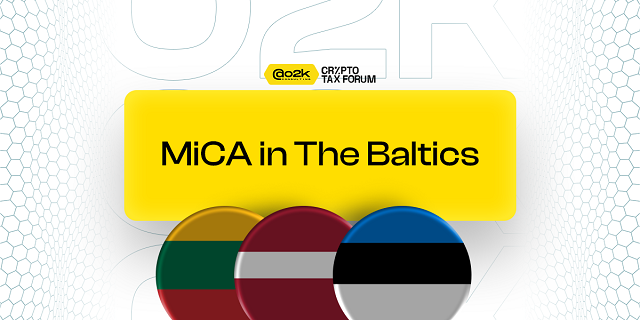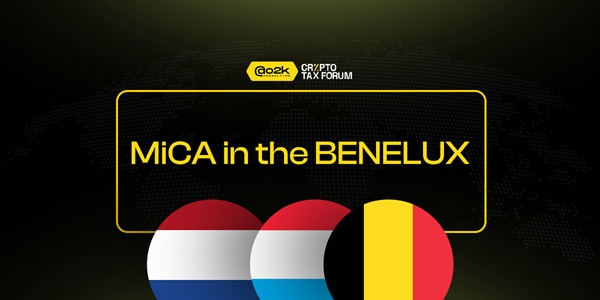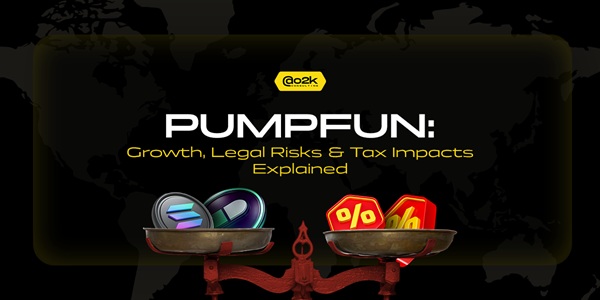BANKS AND CRYPTOCURRENCY
In recent years, so many factors have been fostering the legitimacy of crypto assets. The conversation has been generated on regulation in several countries due to the increase in its usage by citizens. Banks as well have started wading gently into the water, and in this article, we discuss some banks that have invested in digital blockchain assets.
1. Standard Chartered: According to well-known trade experts like Blockdata, the London-based Standard Chartered bank has made a staggering $380 million investment in cryptocurrencies. Investments at the bank include the blockchain network, Ripple. XRP is currently one of the top cryptocurrencies in the market. The bank acknowledges the way cryptocurrencies have created a new ecosystem that cannot be replaced by fiat currencies. In July 2020, the venture divisions of Standard Chartered PLC, which is also a part of globally systemically important banks, announced the creation of a cryptocurrency custodian.
2. Morgan Stanley: Morgan Stanley, another prominent player in the banking industry, has embraced cryptocurrency as part of its investment strategy. It is the first US bank to offer its wealth management clients access to Bitcoin assets. Around March 2021, the bank announced that it was launching access to three funds that will enable owners of Bitcoin. The bank has made headlines by launching Bitcoin-focused investment products for its wealthy clients, allowing them to gain exposure to cryptocurrencies through various financial vehicles. This move by Morgan Stanley reflects the growing demand for digital assets among institutional investors.
3. Citibank: is the fourth-largest bank in the US by assets has invested in SETL, whose ledger technology is used to move cash and other assets. The bank has provided a blueprint for organizations that are considering adopting cryptocurrency payments or simply in such assets as a store of value stating that enterprises should carefully consider which digital currency they would like to choose for payments and transactions.
4. JPMorgan Chase: One of the most active institutions in the cryptocurrency and blockchain field is JPMorgan Chase. JP Morgan has focused on developing digital blockchain assets. The company’s onyx division was under construction for five years when it was founded and employed more than 100 people. The division’s main product is the JPM coin, a bank token, and Link, a blockchain-based interbank payment network.
5. Goldman Sachs: For some years, Goldman Sachs has been researching blockchain technology and cryptocurrencies. The bank opened a trading desk for cryptocurrencies in 2018, and in 2021 it widened its product selection to include Bitcoin futures on behalf of its clients. In addition, Goldman Sachs has expressed interest in creating its stablecoin and exploring further avenues for involvement in the digital asset space.
6. DBS Bank: DBS Bank, based in Singapore, is one of the largest banks in Asia. In 2020, the bank unveiled its plans to establish a digital asset exchange, providing a platform for institutional and retail investors to trade cryptocurrencies. DBS Digital Exchange, as it is called, allows customers to buy, sell, and hold several major cryptocurrencies while ensuring compliance with regulatory requirements.
7. BBVA: BBVA, a Spanish multinational banking group, has actively explored the potential of blockchain technology and cryptocurrencies. The bank has invested in cryptocurrency startups and participated in funding rounds for blockchain-based projects. BBVA has also established a digital asset custody service, allowing clients to securely store and manage their cryptocurrency holdings.
8. Banks of Wells Fargo, United States: After the recent crash in the crypto market, the central US bank planned to introduce cryptocurrency funds. Wells Fargo stated that it would establish a regular fund for extra wealth for clients. Its investment research team also mentioned that only qualified investors will be subjected to the treatment due to the risk associated with digital currencies.
9. UBS: UBS is making great strides with private stablecoins. UBS’ financial institutions Santander, Lloyds Banking have developed utility tokens for cross-border transactions. While investing in the crypto market, crypto traders and investors look for a comfortable marketplace to invest in. UBS aims to provide verified and legal means to invest in the crypto asset class.
10. BNP Paribas: is a French financial gro up that owns its crypto startup known as the Curv. The institution’s securities services are currently experimenting with the transfer of security tokens, taking a step forward to provide custodial services for digital assets.
Crypto assets have established a foothold in the world economy that seems shaky, but is in reality quite firm and cannot be disregarded. We look forward to even more positive developments and regulated investments in the industry.




.png)
























.jpeg)


























.jpg)




































